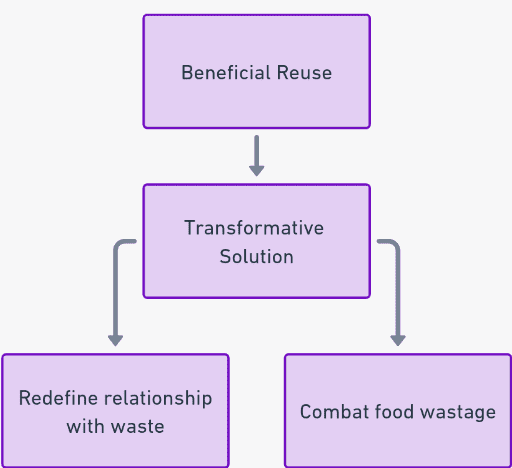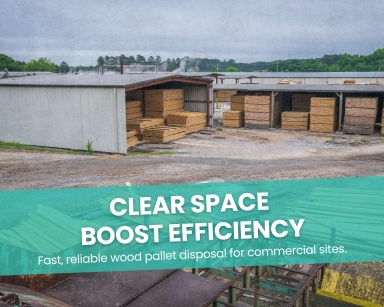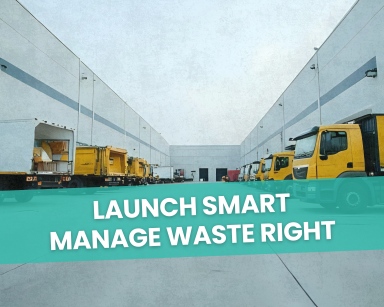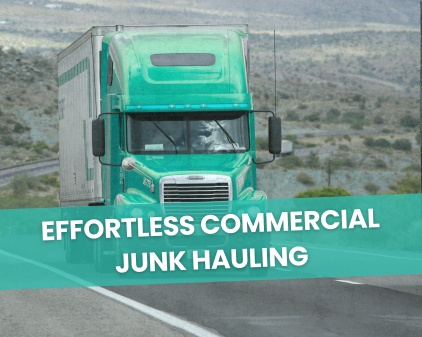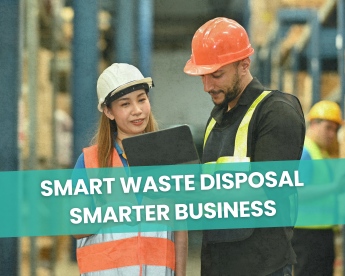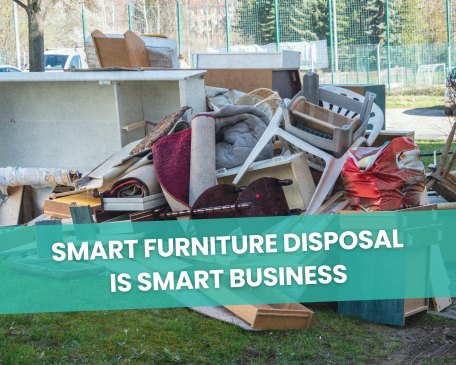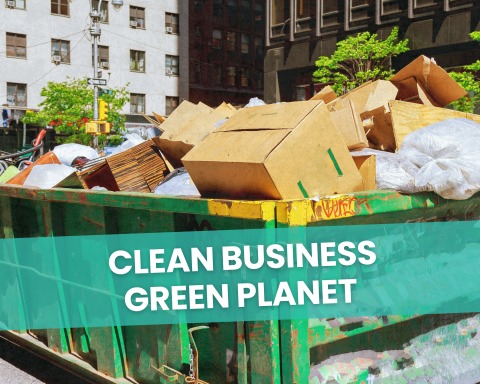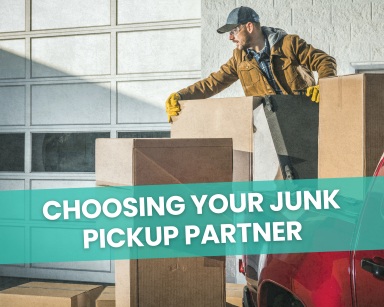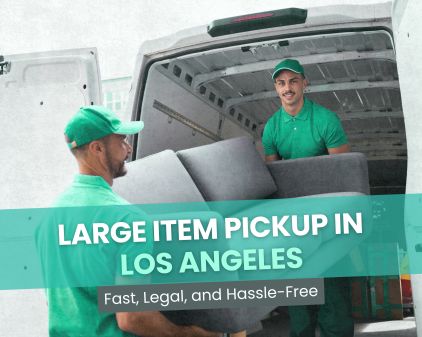Don’t Miss Out: How Can We Reuse Food Waste for Beneficial Reuse?
The story of food waste is one of stark contrasts and untold consequences. Picture this: a world where mountains of food are discarded every day, while millions go to bed hungry. It’s a tale of abundance and scarcity, coexisting in a delicate, unsustainable balance. A recent study by RTS reveals a shocking truth: America throws away nearly 60 million tons of food every year, almost 40% of the entire US food supply. Beneficial Reuse emerges as the protagonist in this story, a transformative solution with the potential to redefine our relationship with waste, to turn the tide in the battle against food wastage.
Table of Contents
The Stark Reality of Food Waste in 2023
In 2023, the narrative of food waste is written in startling numbers and untold environmental and economic repercussions. The global discourse is dominated by alarming statistics, with over 30% of food globally being lost or wasted each year, according to a report by Greenly. It’s a narrative of paradoxes, where abundance and need exist side by side, where waste and want are two sides of the same coin.
The Global Perspective on Food Waste
Food waste isn’t just an American concern; it’s a global crisis. According to the Food and Agriculture Organization (FAO), the number of people facing chronic food deprivation reached 828 million in 2021. Yet, the irony is that a significant portion of the food produced globally never reaches our plates. This disparity between hunger and wastage underscores the need for transformative solutions.
Statistics & Facts
- America’s food wastage scenario is a reflection of a global crisis, with nearly 60 million tons of food discarded annually.
- The global landscape is no different, with over 30% of food lost or wasted each year, a testament to systemic inefficiencies and unsustainable lifestyles.
The Environmental and Economic Impact
The environmental footprint of food waste is colossal, contributing to climate change and depleting precious resources. It’s an economic drain, a leak that needs urgent plugging, impacting businesses and households alike.
Traditional Methods vs. Beneficial Reuse
The traditional narratives of recycling and liquidation are riddled with limitations and missed opportunities. They are tales of inefficiency and environmental compromise, overshadowed by the transformative power of Beneficial Reuse.
- The Limitations of Recycling and Liquidation
Recycling and liquidation, while prevalent, fail to address the root of the problem, representing missed opportunities to support communities and to transform waste into meaningful contributions to society.
- The Power of Beneficial Reuse
Beneficial Reuse is a beacon of hope, a movement aiming to transform unwanted inventory into meaningful opportunities, to support local communities, and to generate a positive social and environmental impact.
Food Waste Management: A New Perspective
The discourse on food waste management is evolving, with a growing emphasis on sustainable food practices and innovative waste-to-wealth strategies. It’s a shift towards responsible consumption and production, a journey from waste to wealth.
- Sustainable Food Practices
The responsibility of promoting sustainable food practices falls on both producers and consumers. It’s about making informed choices, about embracing sustainability in every aspect of food production and consumption.
- Waste-to-Wealth
The concept of turning waste into wealth is revolutionary, showcasing the economic viability of sustainable practices and the untapped potential of food waste as a resource.
Food Repurposing: Beyond Composting
Food repurposing is an art, a creative endeavor to give waste a new life. It’s about finding innovative ways to use food waste, about contributing to the community and the environment.
- The Art of Repurposing
Repurposing is more than just recycling, it’s about innovation and creativity, about finding new uses for waste and contributing to environmental conservation and community development.
- Innovative Solutions in the Market
The market is buzzing with startups innovating in food repurposing, highlighting the impact of creativity in waste management.
Beneficial Reuse: The Future of Waste Management
Happen Ventures is pioneering the Beneficial Reuse movement, showcasing the transformative power of this innovative approach in waste management.
- Happen Ventures: A Case Study
Happen Ventures is not just transforming waste management through Beneficial Reuse; it’s creating meaningful impacts in real-world scenarios. One such instance unfolded in Puerto Rico, where we had the opportunity to assist a customer with a surplus of unwanted sanitizer stored in their warehouse.
- A Responsive Solution in Puerto Rico
When the customer reached out, seeking assistance to dispose of the sanitizer responsibly, Happen Ventures swiftly sent a team to address the request. The focus was not merely on efficient removal but on recognizing the potential for beneficial reuse of the sanitizer.
- Beyond Disposal: A Journey to Beneficial Reuse
Instead of opting for straightforward disposal, our team envisioned a path where the unwanted sanitizer could serve a greater purpose. We collaborated with local charities and organizations, donating the sanitizer to those in need, especially during the challenging times of the COVID-19 pandemic.
- Impactful Contributions during Pandemic Times
The initiative offered hygiene products to the underserved, showcasing the impactful role of Beneficial Reuse in promoting community well-being.
The case study demonstrates not only Happen Ventures’ services but also the significant community benefits of Beneficial Reuse, especially in crucial moments.
The time to act is now. We must embrace Beneficial Reuse and work towards a future where waste is minimized, and resources are optimized. It’s not just about saving the environment; it’s about building a sustainable future for generations to come.
Conclusion
The urgency to address food waste is more pressing than ever. Beneficial Reuse holds the promise and the potential to be a transformative solution in waste management, a beacon of hope in a world drowning in waste. Let’s embrace this movement and work together to build a sustainable, waste-free future.

